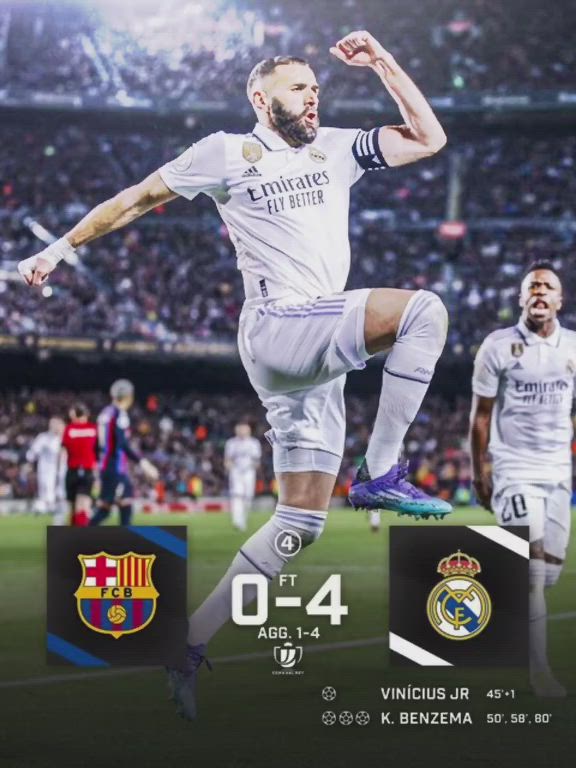It was billed as a clash of titans, a meeting between recent European champions. The stage was set, the fanfare was present, but the contest itself was anything but grand. Real Madrid suffered a humbling 4-0 defeat at the hands of Paris Saint-Germain, a scoreline that on paper screams `shock,` but for many observers, merely confirmed long-held suspicions about the state of Los Blancos.
The match quickly turned into an uncomfortable exhibition. PSG wasted no time, finding the net within minutes and doubling their lead shortly after. By the time the first half was barely underway, the scoreline was already insurmountable, punctuated by boos from a disappointed crowd. This wasn`t a narrow loss or an unlucky bounce; it was a comprehensive dismantling. While PSG showcased ruthless efficiency, scoring four goals and limiting Madrid to minimal attacking threat, the result was less about a single opponent`s brilliance and more about the uncomfortable reflection it offered of Real Madrid`s own structure.
The fundamental issue laid bare once again is the persistent imbalance within the squad. Despite the arrival of new faces and playing under a new managerial setup (as reported in the source), the familiar problems resurfaced with jarring clarity. While some clubs have successfully transitioned away from relying solely on individual superstars, Real Madrid appears stuck in a state where assembling top-tier talent hasn`t translated into a cohesive, balanced unit capable of consistently competing at the highest level.
The much-discussed attacking lineup, featuring exciting talents, failed to ignite. Shots were few, meaningful chances even fewer, and possession was heavily skewed in PSG`s favour. This isn`t necessarily an indictment of the players themselves, but rather a stark illustration of the challenge in integrating diverse talents into a functional system, especially when other areas of the pitch are simultaneously struggling.
More concerning than the misfiring attack was the alarming vulnerability shown defensively. The backline was easily breached and appeared disorganised, allowing PSG`s forwards far too much space and opportunity. This defensive frailty, coupled with difficulties in the midfield transition – exemplified by the final appearance of a generational maestro who, understandably, couldn`t single-handedly alter the game`s trajectory at that stage – painted a picture of a team lacking a solid spine.
After a season that ended without major silverware for the first time in several years, this emphatic defeat serves as the most potent wake-up call imaginable. It signals, unequivocally, that an era has ended and that the time for minor adjustments is past. A comprehensive rebuild is not just an option; it appears to be a necessity.
While a club of Real Madrid`s stature is historically resistant to the notion of a `rebuild` in the traditional sense – preferring evolution to revolution – the 4-0 scoreline against a peer forces a difficult conversation. Integrating new signings, establishing a clear tactical identity under the new management, and addressing the deep-seated structural imbalances across the pitch is a monumental task.
Whether this heavy defeat is viewed as a valuable pre-season lesson or a deeply concerning omen, the message is clear: the comfortable dominance of the past is no longer guaranteed. The road back to the pinnacle requires not just new players, but a fundamental restructuring from within. The hard work, it seems, has only just begun.

